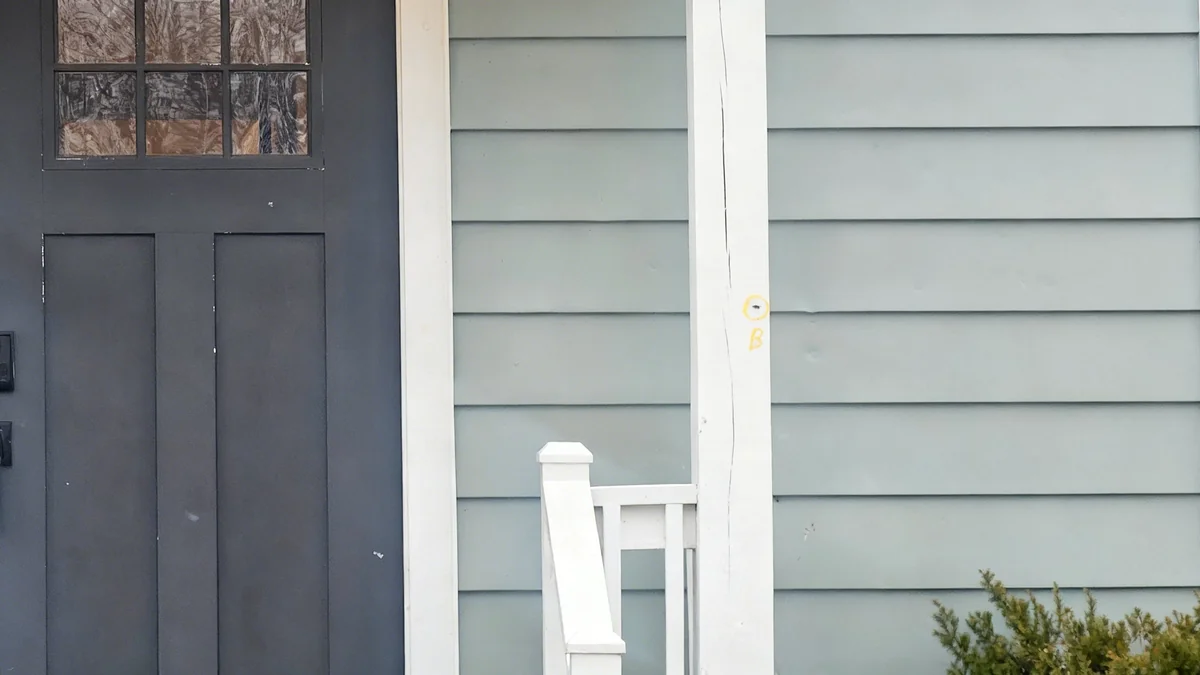A new trend among some American tourists, where they display Canadian maple leaf patches to appear as Canadians, is causing significant frustration across Canada. This practice, known as "flag jacking," aims to secure smoother treatment while traveling internationally. However, many Canadians view it as disrespectful and a misuse of their national symbol.
Key Takeaways
- American travelers are using Canadian flag patches to avoid perceived anti-American sentiment abroad.
- This practice, called "flag jacking," has historical roots but has seen a resurgence.
- Canadians express widespread frustration, viewing it as cultural theft and a violation of national identity.
- Recent political tensions between the U.S. and Canada contribute to the strong negative reactions.
- Online commentary highlights concerns about Canada's international reputation for politeness.
Understanding Flag Jacking
Flag jacking involves travelers adopting the flag of another nation to conceal their true nationality. For American tourists, this often means attaching a Canadian maple leaf patch to items like luggage, hats, or jackets. The goal is to signal Canadian origin, hoping to bypass negative perceptions associated with American identity in certain regions.
This concept is not new. It first gained notable attention decades ago, particularly during the early 2000s. At that time, specific U.S. foreign policies led to increased anti-American sentiment in various parts of the world. The practice was even satirized in popular culture, including an episode of The Simpsons in 2005.
Did You Know?
The term "flag jacking" describes the act of using another country's flag to mask one's own nationality, often to gain perceived advantages or avoid negative attention while traveling.
In recent years, flag jacking has seen a resurgence. This return is linked to renewed political tensions and travelers' anxieties regarding how they are viewed overseas. The flag, in these instances, becomes a tool for deflection rather than an expression of national pride.
Historically, Canadians themselves often displayed their flag when traveling abroad. This was done to clearly differentiate themselves from Americans. Now, many Canadians find it irritating that outsiders are using their national symbol as a cover story. What was once a mark of Canadian distinction has become a source of contention between the two neighboring countries.
The Canadian Perspective and Political Climate
Canada's strong reaction to flag jacking extends beyond simple travel etiquette. Recent political developments have significantly shaped public sentiment. For example, during the Trump administration, disputes with Canada intensified. These included the imposition of tariffs and public criticism of former Prime Minister Justin Trudeau.
Such events encouraged many Canadians to embrace their national identity with greater fervor. Political scientists refer to this phenomenon as "collective effervescence." This term describes how external threats or challenges can foster stronger emotional unity within a population. National symbols, such as the flag and anthem, gained increased importance as expressions of pride and national resistance.
"Canadians often define themselves by not being American," former Prime Minister Justin Trudeau stated in a CNN interview, highlighting a key aspect of Canadian national identity.
Within this heightened political and cultural environment, Americans borrowing the maple leaf is seen as more than just a convenient shortcut. Many Canadians perceive it as a violation of their national identity. They view it as an act of arrogance, further compounded by recent political insults. This context helps explain why the trend has elicited much stronger emotional responses than in previous periods.
Historical Context
The practice of flag jacking first gained prominence during periods of international resentment towards U.S. foreign policy, particularly in the early 2000s. Its current resurgence is tied to renewed political disputes and anxieties about global perceptions.
Widespread Online Backlash
Discussions across various online platforms clearly show the extent of Canadian frustration with flag jacking. Some commentators describe the practice as a form of cultural theft. They label it as fraudulent and arrogant, expressing dismay at the appropriation of their national symbol.
Other Canadians voice concerns that this trend could harm Canada's carefully cultivated international reputation. Canada is widely known for its politeness and neutrality abroad. The actions of American tourists pretending to be Canadian risk undermining this image.
Tod Maffin, a Canadian cultural commentator, offered one of the most pointed criticisms. In a viral video, he satirically dismissed the idea of Americans "cosplaying a Canadian." He emphasized that Canada is not merely an "invisibility cloak" for those seeking convenience. His humor resonated widely, with his video accumulating more than 100,000 views across multiple platforms.
- Cultural Theft: Many Canadians view the practice as an appropriation of their national identity.
- Reputation Risk: Concerns exist that flag jacking could damage Canada's image of politeness and neutrality.
- Online Engagement: Social media platforms are filled with discussions and personal anecdotes about the trend.
Social media discussions frequently echo Maffin's sentiments. Many users point out that even progressive Americans, who state they did not vote for figures like Trump, are still relying on another country's identity for personal convenience. This observation adds another layer to the criticism, suggesting a deeper issue than just political alignment.
On Reddit, Canadians have shared numerous personal accounts of encountering these "impostors" during their own backpacking trips and stays in hostels across Europe. These comments highlight the widespread irritation with the tactic. Even Canadians who typically take pride in their nation's friendly image express strong disapproval of flag jacking.
The collective online response underscores a deep-seated feeling of disrespect. For many Canadians, their flag is a symbol of national pride and a distinct identity. Seeing it used as a mere prop for convenience by visitors from a neighboring country is seen as an affront, especially given the historical and ongoing nuances of the Canada-U.S. relationship.





